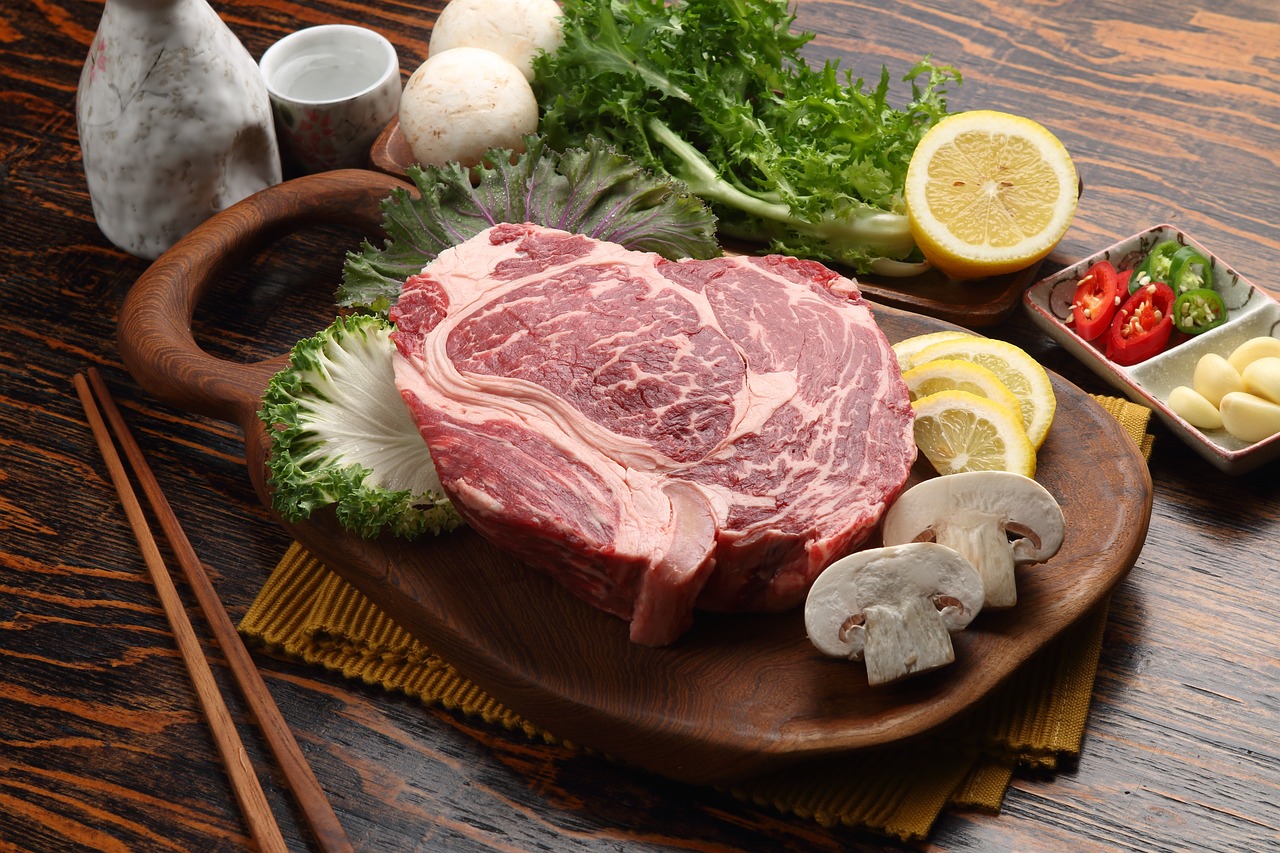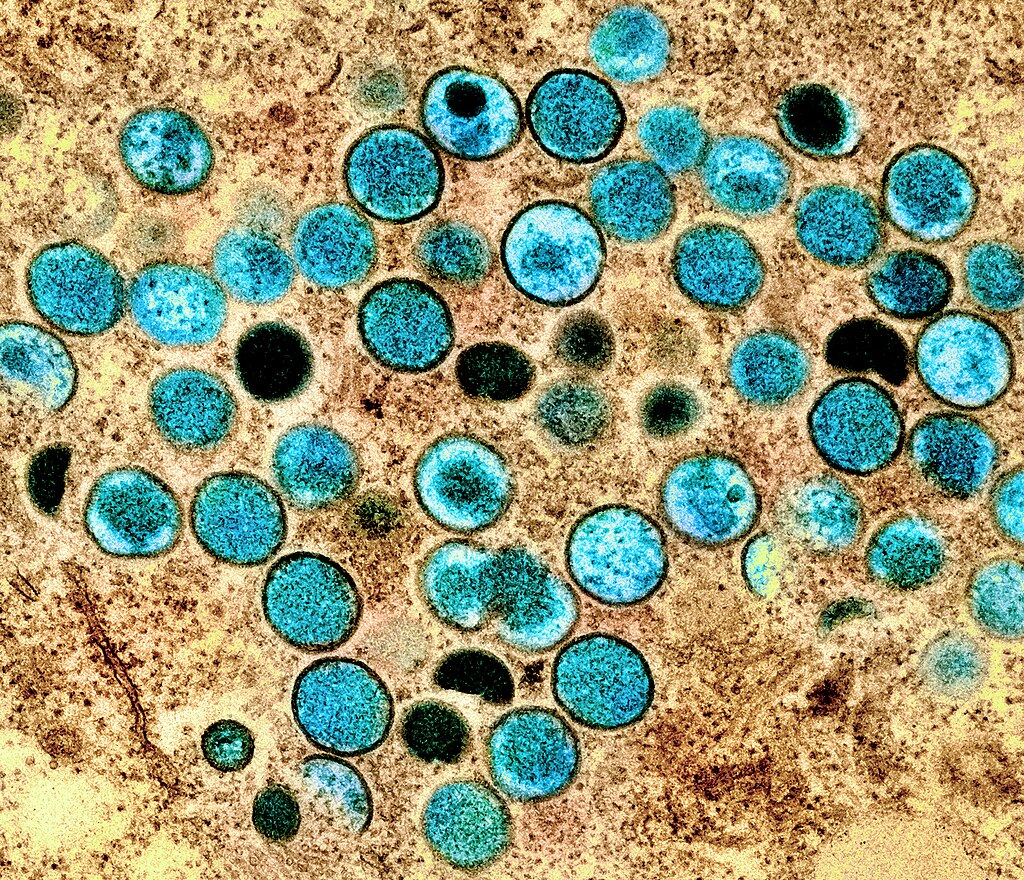Zinc is an essential trace mineral that plays a crucial role in various bodily functions. It is involved in numerous biological processes, including:
- Immune system function: Zinc is essential for the proper functioning of the immune system, helping the body fight off infections.
- Protein synthesis: Zinc is involved in the production of proteins, which are essential for building and repairing tissues.
- Wound healing: Zinc is necessary for the healing of wounds and cuts.
- Growth and development: Zinc is important for growth and development, especially during childhood and adolescence.
- Sensation and taste: Zinc is involved in the sense of taste and smell.
- Reproduction: Zinc is essential for reproductive health in both men and women.
Sources of Zinc
Zinc can be found in both plant-based and animal-based foods.
Animal sources of zinc include:
- Meat: Red meat, poultry, and seafood are excellent sources of zinc.
- Eggs
- Dairy products
Plant-based sources of zinc include:
- Legumes: Lentils, beans, and chickpeas are good sources of zinc.
- Whole grains: Brown rice, quinoa, and whole-wheat bread are rich in zinc.
- Nuts and seeds: Pumpkin seeds, sesame seeds, and cashews are good sources of zinc.
- Dark leafy greens: Spinach, kale, and collard greens are also good sources of zinc.
Zinc Absorption
The absorption of zinc from food can be influenced by several factors, including:
- The type of food: Animal-based sources of zinc are generally more easily absorbed than plant-based sources.
- Other dietary factors: Phytates, found in whole grains and legumes, can inhibit zinc absorption.
- Zinc status: The body’s zinc stores can affect how well it absorbs zinc from food.
Zinc Deficiency
Zinc deficiency is a common nutritional deficiency worldwide, affecting millions of people, particularly in developing countries. Symptoms of zinc deficiency can include:
- Impaired immune function: Zinc deficiency can lead to a weakened immune system, making individuals more susceptible to infections.
- Growth retardation: In children, zinc deficiency can impair growth and development.
- Skin problems: Zinc deficiency can cause skin rashes, acne, and hair loss.
- Loss of appetite: Zinc deficiency can lead to a loss of appetite.
- Delayed wound healing: Zinc is essential for wound healing, and deficiency can delay the healing process.
Treatment for Zinc Deficiency
If you are experiencing symptoms of zinc deficiency, it’s important to see a doctor for a diagnosis and treatment. Treatment for zinc deficiency may involve:
- Zinc supplements: Oral zinc supplements can help increase zinc levels in the body.
- Dietary changes: Increasing your intake of zinc-rich foods can also help improve your zinc status.
- Treatment of underlying causes: If your zinc deficiency is caused by an underlying medical condition, treating that condition is essential.
Preventing Zinc Deficiency
To prevent zinc deficiency, it’s important to eat a balanced diet that includes plenty of zinc-rich foods. If you are at risk of zinc deficiency, such as pregnant women, vegetarians, or vegans, you may need to take zinc supplements.
In conclusion, zinc is a vital trace mineral that plays a crucial role in many bodily functions. Ensuring you get enough zinc through your diet or supplements is essential for maintaining good health.



